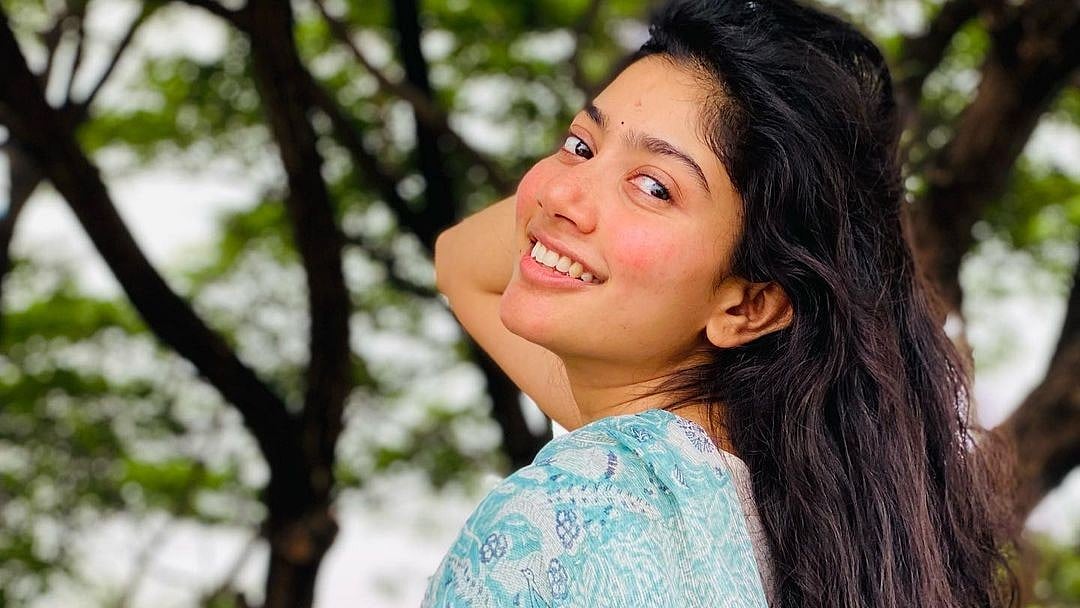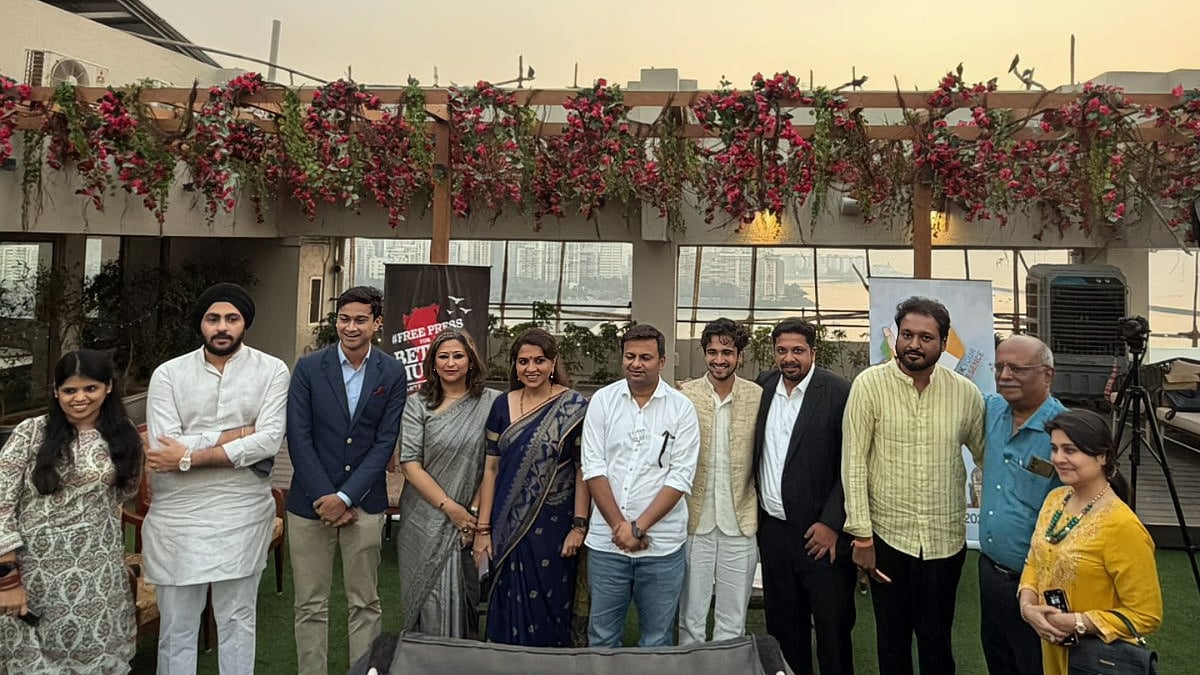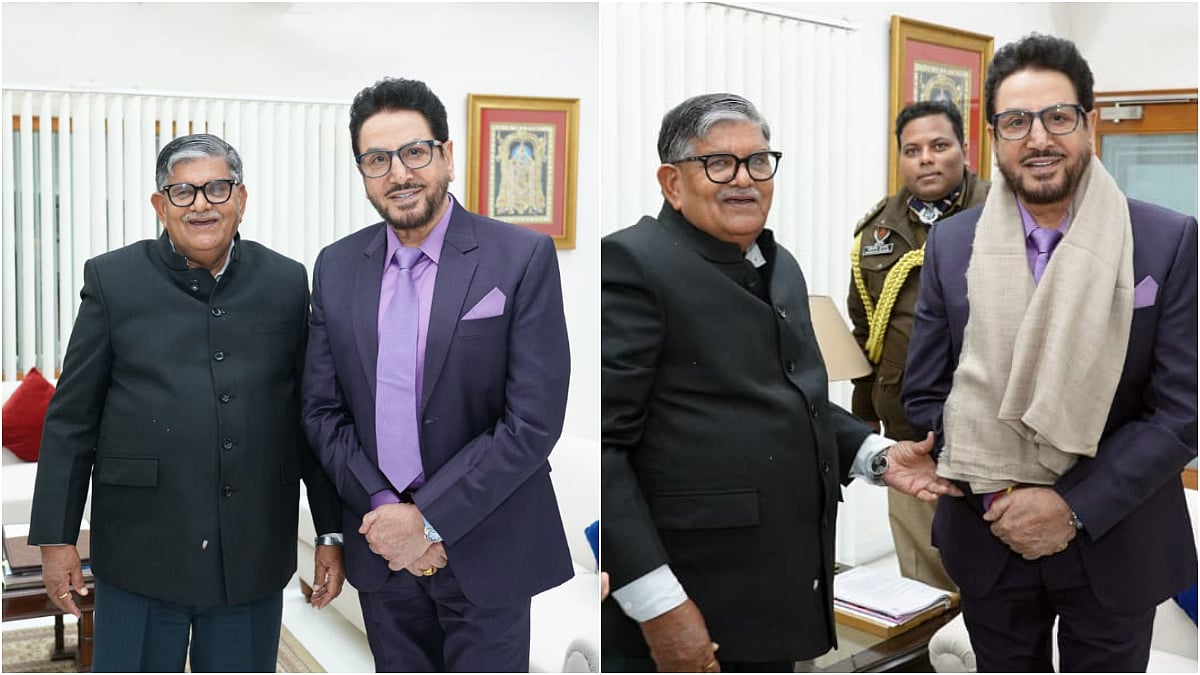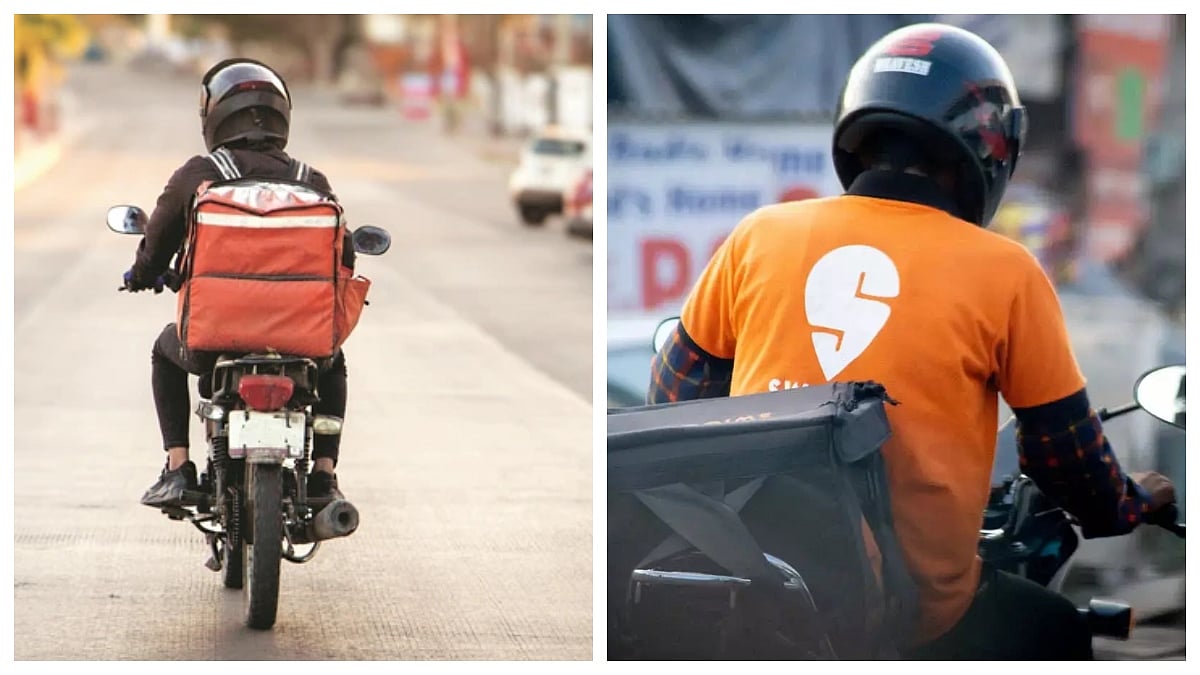It’s a depressingly familiar story. Men in power who harass and abuse women are somehow protected by a shield of political apathy. The protest in Delhi by wrestlers against Brij Bhushan Sharan Singh, president of the Wrestling Federation of India, and its coaches, for sexually harassing female players for years, has not brought a satisfactory response from the government. The protesting wrestlers like Vinesh Phogat, Sakshi Malik, Anshu Malik, Bajrang Punia are winners of medals for the country and star sportspersons. If they are unable to make a dent, then what hope do unknown or new players have?
The #MeToo movement has focused a lot on show business, but the men who get away with abusing women are those who have power over them—the professors who can affect a student’s academic record if she refuses his advances, the office worker whose appraisal is in the hands of a male boss, the coaches who can wreck a budding sports person's career.
Today, the country can see that the man accused of abusing women and enabling their exploitation is so thick-skinned that he believes his political clout gives him immunity. There is some talk of a chargesheet being filed against him, but the path to justice will be long and painful.
If there has been any positive impact of the #MeToo movement, it is that women are now able to speak out against sexual harassment, they are heard and, more importantly, believed.
Those who have not faced this kind of molestation — groping, demands for sexual favours, threats of ruining careers or harming family members — cannot even imagine the damage it can do to the psyche of the woman.
Former gymnast Rachael Denhollander wrote a book called What’s A Girl Worth? (2019) about the fight against Larry Nassar, the highly regarded team doctor for USA Gymnastics (USAG) and Michigan State University (MSU). For years, Nassar abused little girls with impunity, some so young that they did not even have the vocabulary to explain what he had done to them, or understand they were being abused.
Gymnasts have punishing training schedules, and injuries to the back, legs, and wrists are not uncommon. When Denhollander was taken to Nassar by her mother, he digitally penetrated her under the pretext of an internal treatment, and also groped her breast. He was so well known, so pleasant and helpful, that young Rachael did not know what was happening, but she felt uncomfortable. Nassar was so sure of his power and the girl’s vulnerability that he did this in the presence of her mother, hiding her from sight with his body.
She did tell her coach, but was told not to make a formal complaint. It was the word of a child against a famous doctor; who would believe her?

“I was terrified,” she told Indystar, the publication that blew the lid on the sexual abuse of athletes ,”I was ashamed. I was very embarrassed. And I was very confused, trying to reconcile what was happening with the person he was supposed to be. He’s this famous doctor. He’s trusted by my friends. He’s trusted by these other gymnasts. How could he reach this position in the medical profession, how could he reach this kind of prominence and stature if this is who he is?”
Like so many victims of abuse, she believed it was her fault. “Part of that, I know now, is a very common response that victims have. It’s much easier in some ways to hide from what’s happening and just go somewhere else mentally. It was easier to not have to verbalise and recognise what was happening.”
It is harrowing to read how the abuse affected her, in spite of the support she received from her parents and siblings. She was angry, jittery, fearful, and had nightmares; a man standing too close in an elevator made her panic. When she met Jacob, the man she would go on to marry, she told him she felt like “damaged goods”.
She writes in the book, “Whenever I felt anger or fear, I chastised myself, repeating the sam lies I’d heard society tell every sexual assault victim. Stop being overdramatic. It wasn’t that big of a deal. You’re reading into it and, making something worse than it was. Why… why couldn’t I just get over it.”
Years later, when she was a legal professional, married and mother of three (later four), she read a story on Indystar, titled “A Blind Eye to Sex Abuse: How USA Gymnastics Failed to Report Cases.” The site promised to continue the investigation and provided an email id for readers to contact them. After 16 years, Denhollander mustered the courage to write to them. The Indystar story by Marisa Kwiatkowski, Mark Alesia and Tim Evans, said, “USA Gymnastics would not disclose the total number of sexual misconduct allegations it receives each year. But records show the organisation compiled complaint dossiers on more than 50 coaches and filed them in a drawer in its executive office in Indianapolis.” Which means concerned parents were making official complaints, but no action was being taken against offending coaches. (A documentary on this case, Athlete A, is on Netflix and a movie is in the works.)

Denhollander and an unnamed woman decided to expose Nassar and then, taking courage from their action, other gymnasts spoke up. Eventually, in court, in scenes that no fictional legal thriller could have imagined, 156 women testified against Nassar and he was convicted. In spite of all the testimonies against him, Nassar might still have gotten away lightly, if child porn had not been discovered in his house. Lawyers were still negotiating plea deals with him to dilute the abuse allegations. This was just one predator caged for life, but there must be many others who have not yet been caught. They continue to portray themselves as upstanding members of the community, family men with daughters of their own.
Like Singh, whom the wrestlers have named, the abusers are protected by powerful institutions. Denhollander writes in the book, “We discovered that while MSU was refusing to meet survivors, they paid hundreds of thousands of dollars to PR firms to monitor survivors’ social media accounts. Survivors told me that both MSU and USAG hired private investigators—not to find out what allowed Larry to abuse for decades, but rather track and discredit his victims.”
A trial rips open old wounds, and lawyers are not known for their sensitivity or discretion. Like coaches who will do anything for their trainees to win medals, lawyers will stoop to any level-- including excavating every little scrap for the witnesses's past -- to win their case. It takes a core of steel to withstand that level of viciousness.
As a teenager suffering the devastating mental aftermath of Nassar’s abuse, Denhollander often told herself, if it was wrong, someone would have stopped him. For years, no one did. Then... she did!
Deepa Gahlot is a Mumbai-based columnist, critic and author











